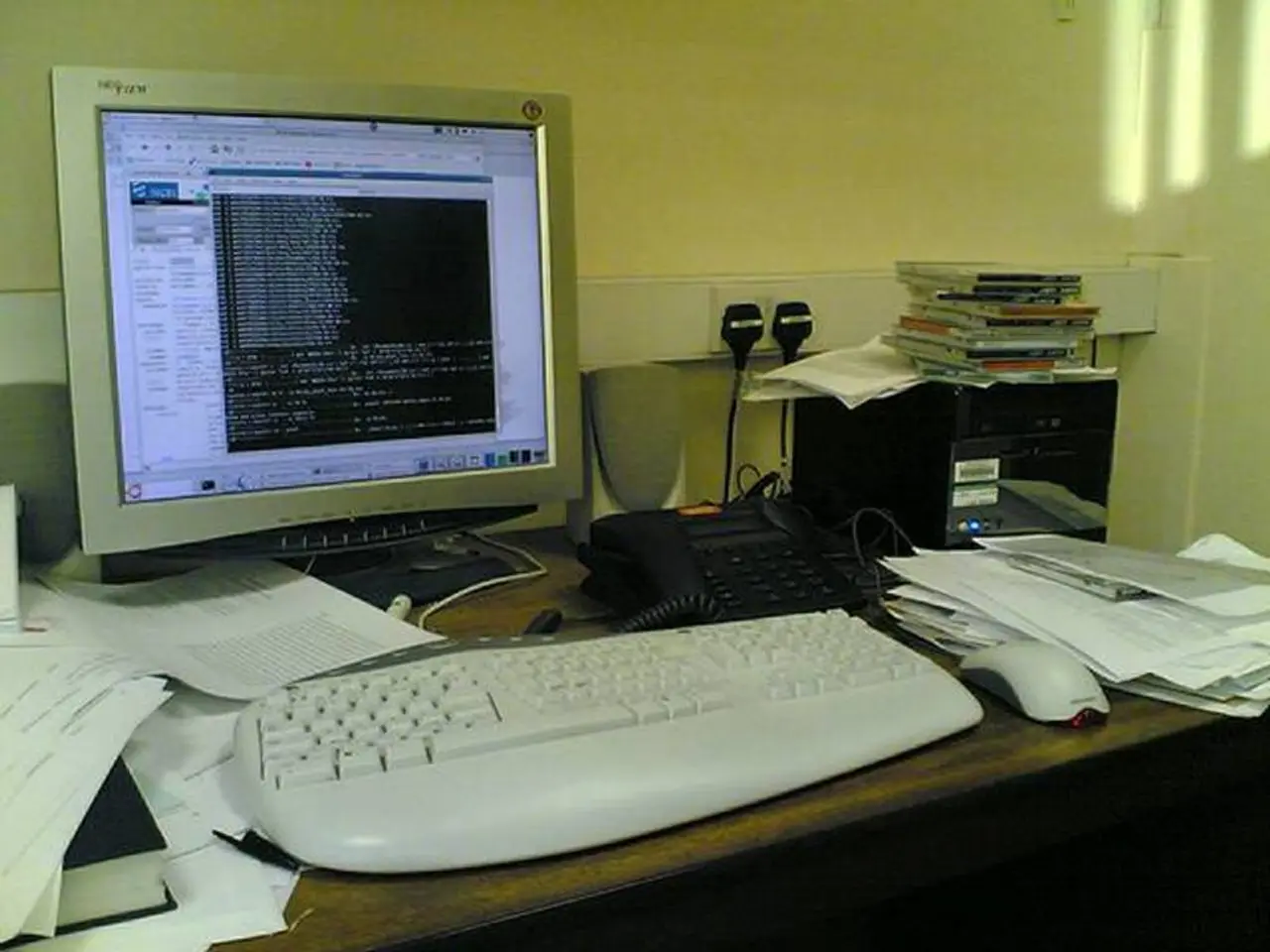School day deemed least productive by Onishchenko
In recent discussions, the excessive workload on Russian students has been a focal point, with a focus on reducing it to improve productivity and student well-being. State Duma Chairman Vyacheslav Volodin announced plans to regulate homework practices, aiming to preserve its role in fostering cognitive skills while limiting technologies that might undermine the learning process.
According to Volodin, students in Russia spend 8 to 10 hours a day on schoolwork, with independent student work losing its educational value due to the rapid development of artificial intelligence and easy access to ready-made solutions on the internet. To address this issue, the State Duma plans to discuss the ban on the use of artificial intelligence and ready-made online answers in homework, while maintaining its role in reinforcing knowledge, creativity, critical thinking, and independence.
Professor Gennady Onishchenko, an Academician of the Russian Academy of Sciences, has also weighed in on the issue, stating that Wednesday is the most productive day of the week for students, while Thursday is the least productive. He emphasized that educational institutions often do not consider human biorhythms when scheduling classes, leading to a drop in productivity on Thursdays.
The discussions on student overload, including the amount of time students should spend on homework and whether it can be abolished, are a continuation of ongoing discussions in Russia. Most discussion participants favor reducing the overall workload to address these concerns.
In addition to regulating homework practices, there are ongoing efforts to modernize and reduce non-teaching administrative burdens on teachers. This indirectly impacts student productivity by allowing educators to focus more on classroom learning rather than paperwork.
In summary, the main recommendations in Russia currently are:
- Reduce excessive student workload to prevent burnout and improve learning outcomes.
- Keep homework but ban AI and ready-made internet answers to ensure independent work and critical thinking.
- Emphasize homework’s role in consolidating knowledge and developing creativity rather than just quantity.
- Streamline educational data systems to reduce teacher workload, indirectly benefiting student instruction quality.
These recommendations reflect a balance between maintaining educational quality and responding to public opinion about excessive workloads on students, with a focus on preserving homework's role in fostering cognitive skills while limiting technologies that might undermine the learning process.
- The ongoing discussions in Russia regarding student workload encompass not only reducing the amount of homework but also the modernization of education, with a focus on education-and-self-development, such as the ban on the use of artificial intelligence and ready-made online answers in homework to preserve the role of independent work in fostering cognitive skills and critical thinking.
- General-news reports indicate that these recommendations are aimed at achieving a balance between maintaining educational quality and addressing concerns about excessive workloads on students, with an emphasis on streamlining educational data systems to reduce teacher workload, contributing to improved student productivity and learning outcomes.




